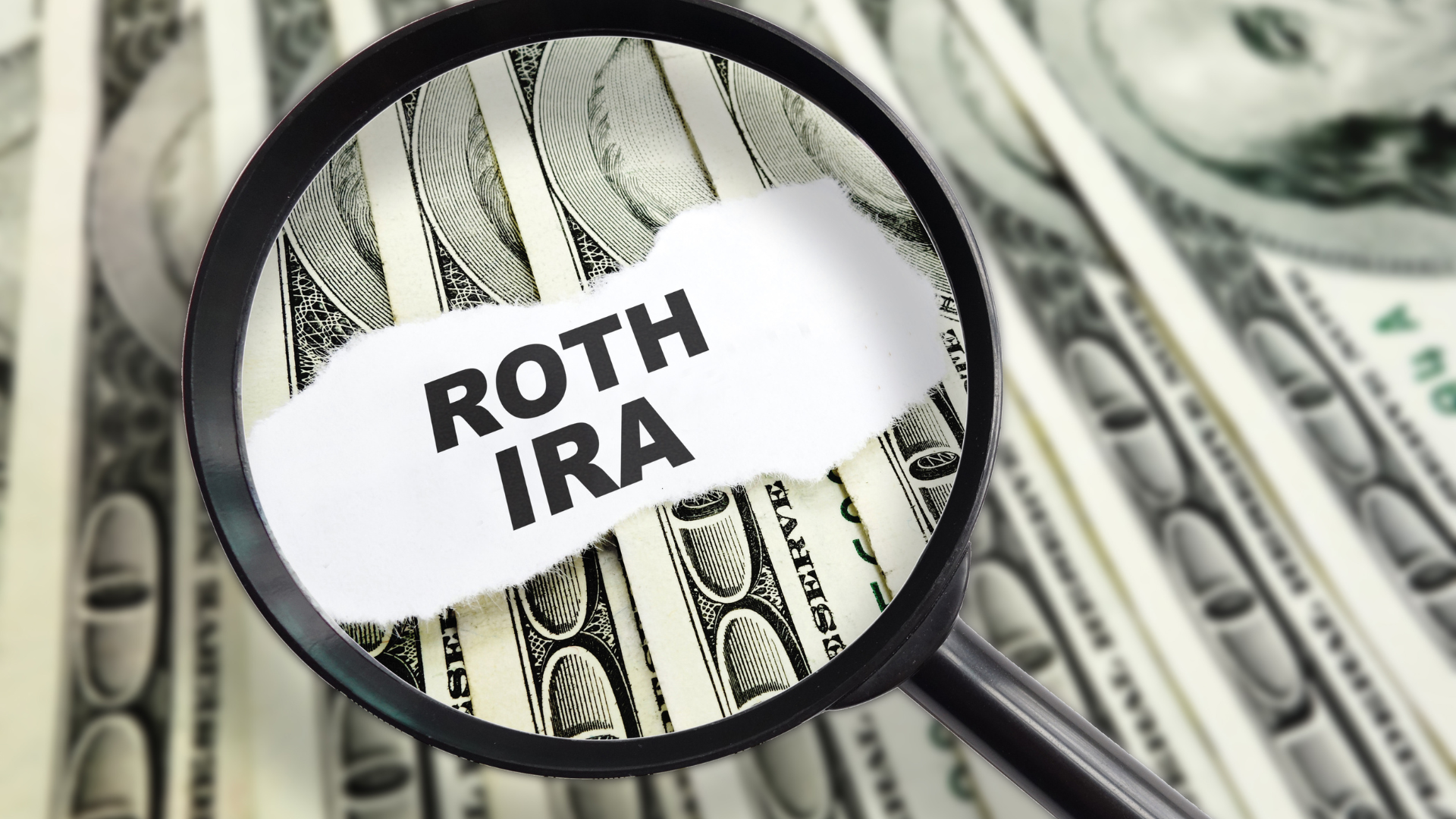Retirement planning can be daunting, especially in the current economic climate. But with the right guidance and advice, it’s possible to build a retirement nest egg that will provide you with financial security for years to come. In this article, we’ll look at the essential steps for retirement planning and provide an overview of the key considerations when building your nest egg. So if you’re ready to take control of your finances and plan for a secure future, read on!
Understanding Your Retirement Needs
There’s no question that saving for retirement is a daunting task. With the costs of living continuing to rise and Social Security benefits alone often not being enough to cover basic expenses, it’s more important than ever to have a solid plan in place for your retirement years.
One of the most important aspects of retirement planning is understanding your own retirement needs. Everyone’s situation is different, so it’s crucial to take a close look at your own finances and lifestyle to determine how much money you’ll need to have saved in order to maintain your current standard of living. Start by evaluating your current income and expenses. This will give you a good idea of how much money you’ll need on a monthly basis in retirement. Then, consider any one-time expenses that you may have, such as travel or home repairs. And finally, factor in inflation – over time, the cost of living will almost certainly go up, so you’ll need to account for that in your retirement planning.
Once you have a good understanding of your own retirement needs, you can start working on building your nest egg. There are a number of different ways to save for retirement, so be sure to explore all of your options and choose the one that best suits your individual circumstances.
Investing Strategies For Retirement
When it comes to saving for retirement, there are a few key things to keep in mind. Investing early and often is one of the best ways to ensure a comfortable retirement. But what investment strategies are best for retirement?
There are a few different approaches that can be taken when investing in retirement. One is to invest in stocks and mutual funds that have the potential to grow over time. This can be a great way to build up your nest egg, but it’s important to remember that there is risk involved. Another approach is to focus on more conservative investments, such as bonds and annuities. These options tend to be less volatile than stocks, which can help provide stability during retirement.
No matter what approach you take, it’s important to start planning for retirement as early as possible. The sooner you start saving, the more time your money has to grow. Investing even a small amount each month can add up over time and make a big difference in your golden years.
Managing Your Finances During Retirement
One of the most important aspects of retirement planning is managing your finances during retirement. There are a number of things to consider when it comes to managing your finances during retirement, including:
- Your income: You will need to consider your sources of income during retirement, including Social Security, pensions, and investment earnings.
- Your expenses: You will need to carefully budget your expenses during retirement, including housing, healthcare, and other essential costs.
- Your taxes: You will need to be mindful of the tax implications of your retirement income and expenses.
- Your estate plan: You will need to have a well-thought-out estate plan in place in order to manage your finances during retirement.
By taking the time to carefully consider all of these factors, you can ensure that you are prepared for a financially secure retirement.
Tax Considerations For Retirement Accounts
When you’re thinking about retirement, it’s important to consider the tax implications of your retirement account. There are a few different types of retirement accounts, and each has its own tax rules.
- Traditional IRA: With a traditional IRA, you contribute pre-tax dollars, which reduces your taxable income in the current year. The money grows tax-deferred, and you don’t pay taxes on the money until you withdraw it in retirement. At that point, the money is taxed as ordinary income.
- Roth IRA: With a Roth IRA, you contribute after-tax dollars. The money grows tax-free, and you can withdraw it tax-free in retirement.
- 401(k): With a 401(k), you contribute pre-tax dollars, which reduces your taxable income in the current year. The money grows tax-deferred, and you don’t pay taxes on the money until you withdraw it in retirement. At that point, the money is taxed as ordinary income.







